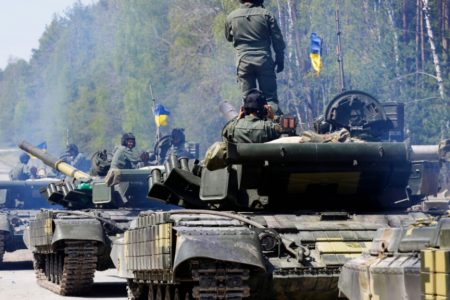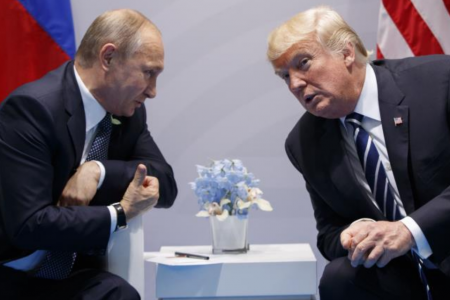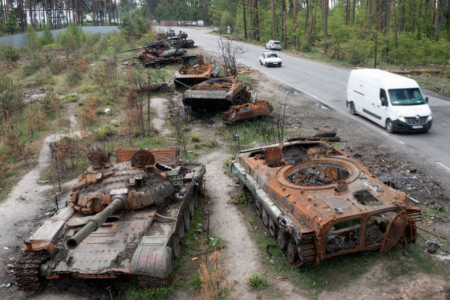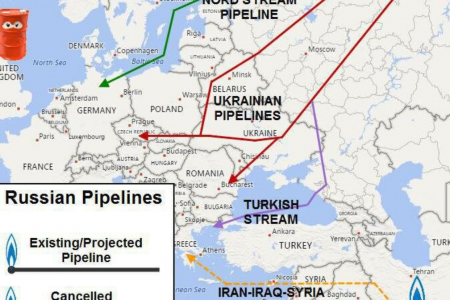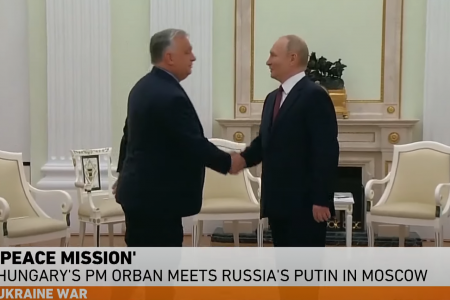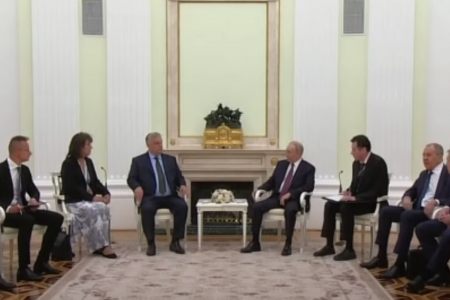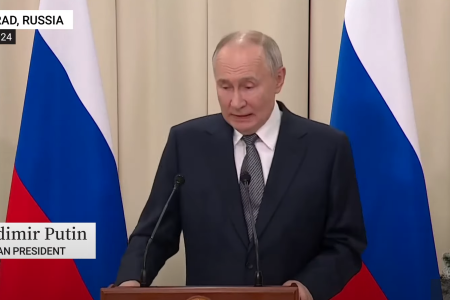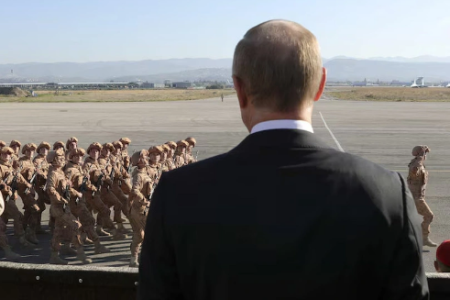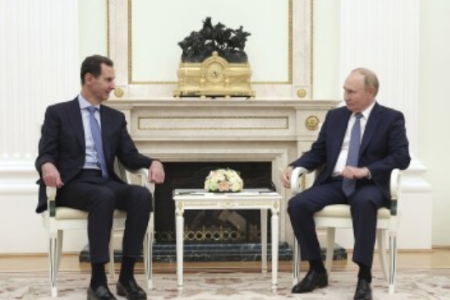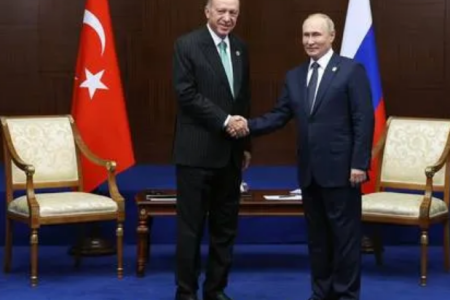
The Los Angeles Times on October 22 published an article by two authors David S. Cloud and Shashank Bengali with the title “Facebook routs free speech. But in Vietnam, it is adding censorship.”
The article mentions that Facebook and its founder Mark Zuckerberg speak of the defense of freedom of expression with the exception in specific cases, such as when inciting violence. However, in countries including Cuba, India, Israel, Morocco, Pakistan, and Turkey, Facebook often restricts posts that those governments consider to be sensitive or out of line. This situation is shown most clearly and honestly in Vietnam.
Facebook was switched to the local language for Vietnamese users in 2008 and more than half of the people nationwide have accounts in this social network. Facebook helps government critics and pro-democracy activists in both Vietnam and the United States overcome the communist system’s tight control over the media.
However, according to The Los Angeles Times, in recent years, Facebook has repeatedly censored posts by dissidents in Vietnam with the purpose to try to appease the Government of Hanoi when Vietnamese leaders threaten to close Facebook if they do not comply.
Instead of using its leverage as Vietnam’s largest media platform to fight censorship, Facebook has become an accomplice in the government’s increased repression of voices supporting democracy.
Speaking more clearly about the situation mentioned above, from Hanoi, independent journalist Nguyen Vu Binh, who used to work at the Communist Magazine, said:
“This is a very serious problem because a lot of people have been blocked from Facebook, from commenting, a lot of problems Facebook causes to Vietnamese users when they post or comment that the local authority presumes to affect the order’s security. A lot of people are annoyed but unable to do it because they (Facebook) say their censor is based on is unclear community standards. Many people are prohibited, locked accounts, not allowed (content) to appear on Facebook in Vietnam, but only for present abroad. There are many ways to prevent the freedom of information on Facebook and many people are very frustrated.”
Specifically, Facebook said it often limits posts and users for one of two reasons including violating the “community standards” that the company says applies to users around the world, and local law. The posts in the second category are blocked in the country where they are found to be illegal, but still accessible elsewhere.
Confirming the above fact, Mr. Nguyen Van Hai, also known as blogger Dieu Cay, told RFA by phone as follows:
“The situation on Facebook in Vietnam is that the majority of democracy activists who report on serious human rights violations often got blocked. Even before a big incident happened, the authorities prepare from the public opinion to all the anti-cyber forces to guide the public opinion, and at the same time, they tried to report all ways to block information, like the Dong Tam case. the most outstanding case. Immediately after the Dong Tam incident, all the activist spoke on the Internet, the authorities even had a media campaign to attack them. Dong Tam is one of the most prominent cases in which they have the biggest attack campaign on the Internet ever. Personally, about 6 articles related to Dong Tam have been deleted, Facebook warned that they can permanently close their page.”
The article published on the Los Angeles Times quoted Facebook as saying that in some cases, the Vietnamese government forced users to disable their own accounts that were not related to the company.
In addition, Facebook also said in a statement: “We do not always keep an eye on governments in the countries where we operate, including Vietnam.”
According to the Los Angeles Times, with a young population and one of the fastest growing economies in Asia before the COVID-19 pandemic, Vietnam was the main growth market for Facebook. The conglomerate controls more than 40% of Vietnam’s $760 million digital advertising market despite having no offices or full-time employees in the country.
The author of the article published on October 22 by the Los Angeles Times quoted Mr. Dipayan Ghosh, a former policy advisor at Facebook who co-directed the Digital Platforms & Democracy Project at Harvard’s Kennedy School as after:

“I think for Zuckerberg the calculus with Vietnam is clear: It’s to maintain service in a country that has a huge population and in which Facebook dominates the consumer Internet market, or else a competitor may step in. The thought process for the company is not about maintaining service for free speech. It’s about maintaining service for the revenue.”
Sharing the same point of view, blogger Dieu Cay said:
“They see the market like that so it seems to obey by the requests of the Hanoi government. People in Vietnam have no choice but to use social media to raise their voices because the entire press is in the government’s hands.”
Ho Chi Minh City’s Public Security Newspaper Network on October 8 quoted Vietnam’s Minister of Information and Communications Nguyen Manh Hung said that Facebook had blocked political ads from fan pages, accounts of “reactionary and terrorist organizations.”
According to the minister, Facebook removed 286 accounts that were alleged to be fake in 2020. Of these, 50 were said to be fake leaders of the Party and State of Vietnam.
In addition, data from the ministry shows that in 2020 alone, Facebook removed more than 2,000 articles that allegedly made hate speech, defamed party leaders, the State, brands, individuals, organizations, increased 500% compared to the whole year 2019, the blocking rate will reach 95%.
Facing this blocking situation, many Vietnamese Facebookers have turned to other forums to transmit information but have not brought about positive results, as journalist Nguyen Vu Binh:
“Before there was a period when Facebook blocked and banned like that, there were Minds, people switched to it relatively in a short time. This network is poorly interacting, not like Facebook. At first, it was currently switched to the Facebook side by both sides, but later on, Facebook cut it off, not allowing the connection. People found it (Minds) was also problematic, unlike Facebook, so they went back to Facebook. Currently, for Vietnam, Facebook is still the largest, most vibrant, and effective forum so people mainly use Facebook, while Twitter uses English, and other networks are rarely used. So when being banned, people are very upset but there is no network or no way to replace or handle this.”
In an email responding to a previous RFA question, Amy Leferve, Facebook’s Communication Policy Manager, said that although Facebook does not agree with the laws that the Hanoi Government has put forward, if the group continues to reject the the Government of Hanoi’s legal requirements block access to content in Vietnam, most likely Facebook platforms will be completely blocked. This result will cause even more information restriction because then all voices in Vietnam will be silenced.
The fact that activists still has to use Facebook as the only solution today, despite its limitations in many aspects, brings many difficulties for social activists, democracy and human rights activists in the S-shaped country. according to blogger Dieu Cay:
“In Vietnam, the activists in the country still have to find ways to fight, like Vo Hong Ly now has 3 pages, one page after equipment and another. There are proposals to the agencies of the Government or Congress, Facebook must also hear but in the end the right to do business in their hands. “
According to information provided by Amy Sawitta Lefevre in an email to RFA, Facebook always seeks to respect the law in all countries where this social network operates, but always does everything in its power to strictly protect the basic rights of all internet users, including freedom of speech.
However, many Vietnamese users said that the above-mentioned content is just theoretical because, in reality, things are going the opposite direction!
Thoibao.de (Translated)



